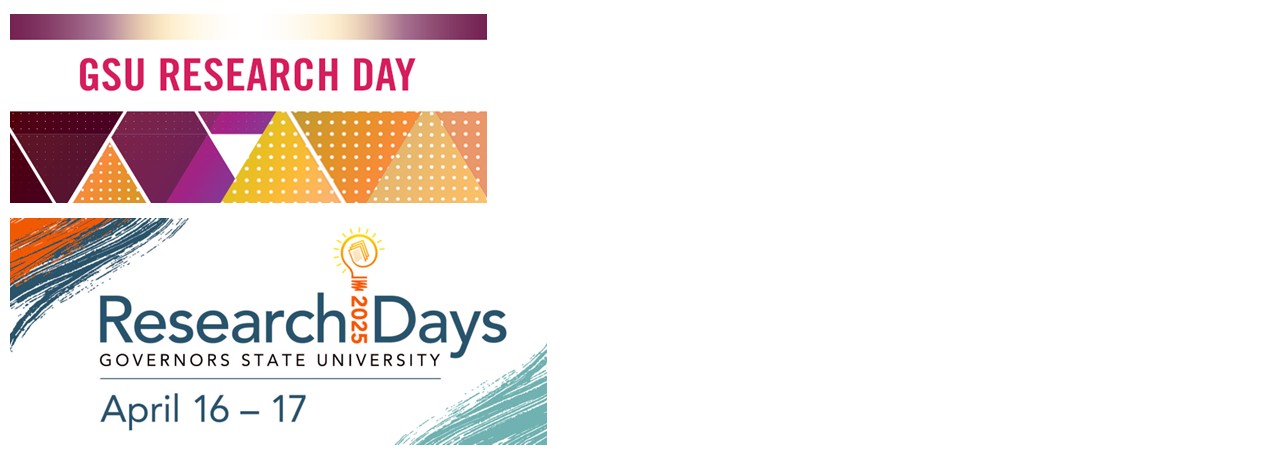Type of Presentation
Event
Location
D1497
Start Date
4-7-2017 9:30 AM
End Date
4-7-2017 10:00 AM
Abstract
The purpose of this paper is to investigate how training, area of expertise, and longevity with current employer predict personal business ethics of Russian working adults with a particular focus on how these factors moderate the relationship between ethical organizational interventions and personal business ethics perception. Using Comparison t-test and ANOVA analyses, this research analyzes 719 Russian working adults. Significant correlations were observed between personal business ethics and area of expertise and longevity with current employer. We found significant difference on ethical behavior and areas of specialization. In addition, we found that there is a statistically significant difference in the mean PBES scores between the two groups with diversity or sensitivity trainings, workshops, or seminars at work place or without. The results from this research suggest that ethics education and training play the critical role in creating an ethical climate on workplace. This study fills the gap within the literature and offers a unique analysis of the personal business ethics of Russian working adults. Determining the types of business ethics education and training that are the most effective in Russia would be beneficial to researchers and practitioners. The research exposes the complexities of universalizing ethical business norms and the potential business threats in an environment defied by cultural differences.
Presentation File
wf_yes
Business Ethics Perceptions of Russian Working Adults: Do Age, Gender, Education, Work Experience, Management Experience, and Government Work Experience Make a Difference?
D1497
The purpose of this paper is to investigate how training, area of expertise, and longevity with current employer predict personal business ethics of Russian working adults with a particular focus on how these factors moderate the relationship between ethical organizational interventions and personal business ethics perception. Using Comparison t-test and ANOVA analyses, this research analyzes 719 Russian working adults. Significant correlations were observed between personal business ethics and area of expertise and longevity with current employer. We found significant difference on ethical behavior and areas of specialization. In addition, we found that there is a statistically significant difference in the mean PBES scores between the two groups with diversity or sensitivity trainings, workshops, or seminars at work place or without. The results from this research suggest that ethics education and training play the critical role in creating an ethical climate on workplace. This study fills the gap within the literature and offers a unique analysis of the personal business ethics of Russian working adults. Determining the types of business ethics education and training that are the most effective in Russia would be beneficial to researchers and practitioners. The research exposes the complexities of universalizing ethical business norms and the potential business threats in an environment defied by cultural differences.


Other Presentation Disciplines:
Dr. Natalia Ermasova is an Assistant Professor in the College of Business.